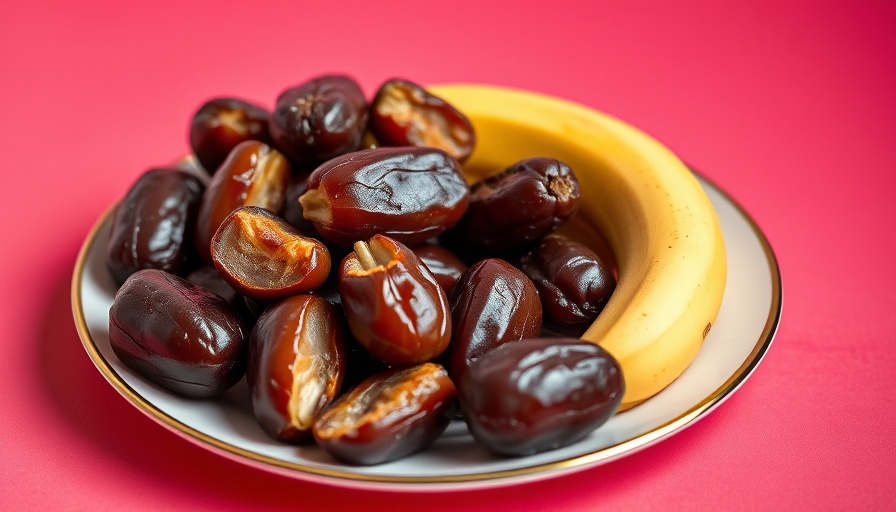
Unveiling the Sweet Debate: Bananas vs. Dates
The journey into the world of nutritious foods often brings us to the question of what really impacts our health the most. With the dilemma of dates versus bananas, two nutrient-rich treats, we find ourselves at the crossroads of taste and health benefits, especially concerning blood sugar management. Both fruits have their strengths, yet understanding their nutritional profiles helps in making informed choices.
The Nutritional Breakdown: Fiber and Potassium
When it comes to fiber, both dates and bananas stand out. Dates are rich in fiber which aids digestion and keeps our gut health in check. A serving of dates provides about 1.6 grams of fiber, while a medium banana offers approximately 3 grams. This fiber content is crucial for maintaining a balanced diet and ensuring healthy digestion.
Potassium is another essential mineral where bananas generally take the lead. A medium banana can contain around 422 mg of potassium, beneficial for heart health and blood pressure regulation. On the other hand, dates, while higher in sugar, provide potassium—suggesting that each fruit offers a unique nutritional blend, making them both valuable in a well-rounded diet.
Understanding Blood Sugar Impact
One significant factor for many health-conscious individuals is how these fruits affect blood sugar levels. Bananas have a low to moderate glycemic index and provide energy without causing drastic blood sugar spikes. Conversely, while dates are higher on the glycemic index, they are also packed with beneficial nutrients and can be consumed in moderation. This makes them a potential energy booster for those needing quick fuel, provided one monitors overall sugar intake.
A Balancing Act for Health
As healthcare professionals, understanding the nutritional qualities of such fruits is essential. Educating patients on how to balance protein and fiber-rich foods like these can empower them to develop healthier eating habits. Incorporating dates and bananas into meals could assist with achieving balanced nutrition while still satisfying sweet cravings.
The Takeaway: Choose Wisely!
Ultimately, whether one reaches for a date or a banana, it is the conscious choice that counts. They both offer unique health benefits that can enhance a balanced nutrition approach. The key lies in moderation and diversity—ensuring that our diets remain colorful and nutrient-dense.
Get in Touch!
If you're seeking personalized nutritional advice or want to dive deeper into healthy eating habits, call us at 984-238-6164 or email us at tom@mywellnesstrain.com. Together, let's explore how to make everyday eating a journey of health and happiness!
 Add Row
Add Row  Add
Add 




Write A Comment